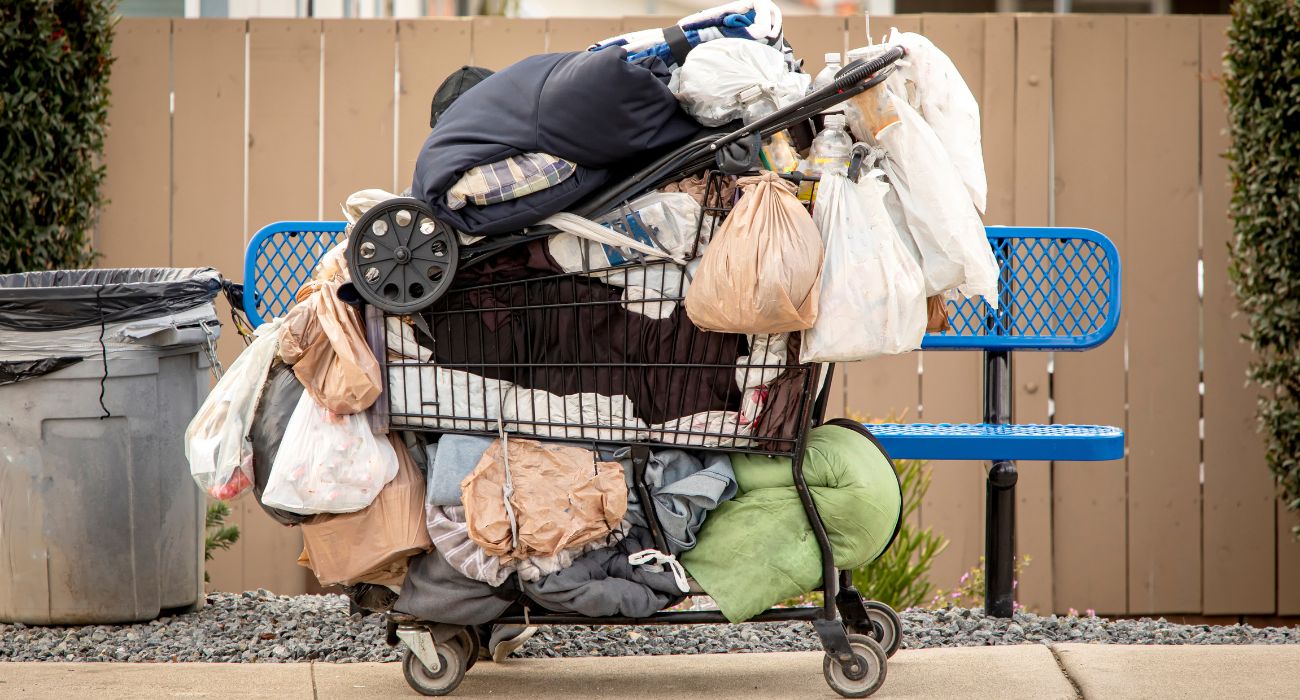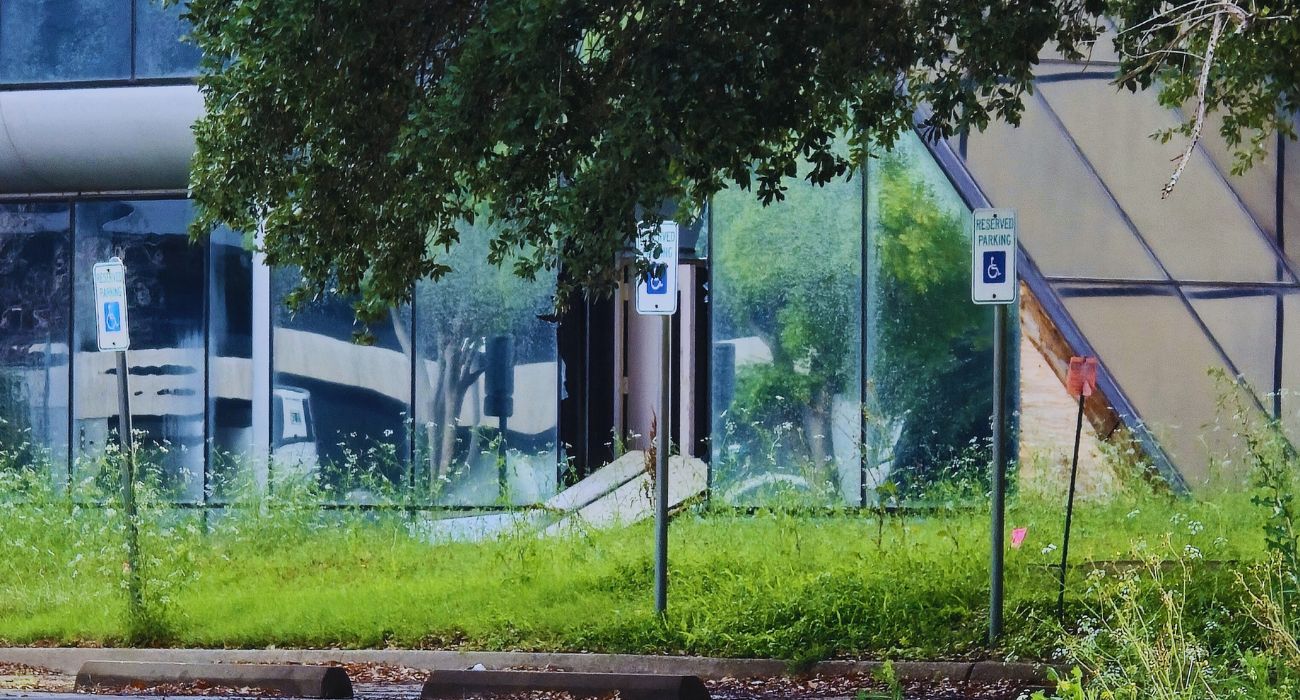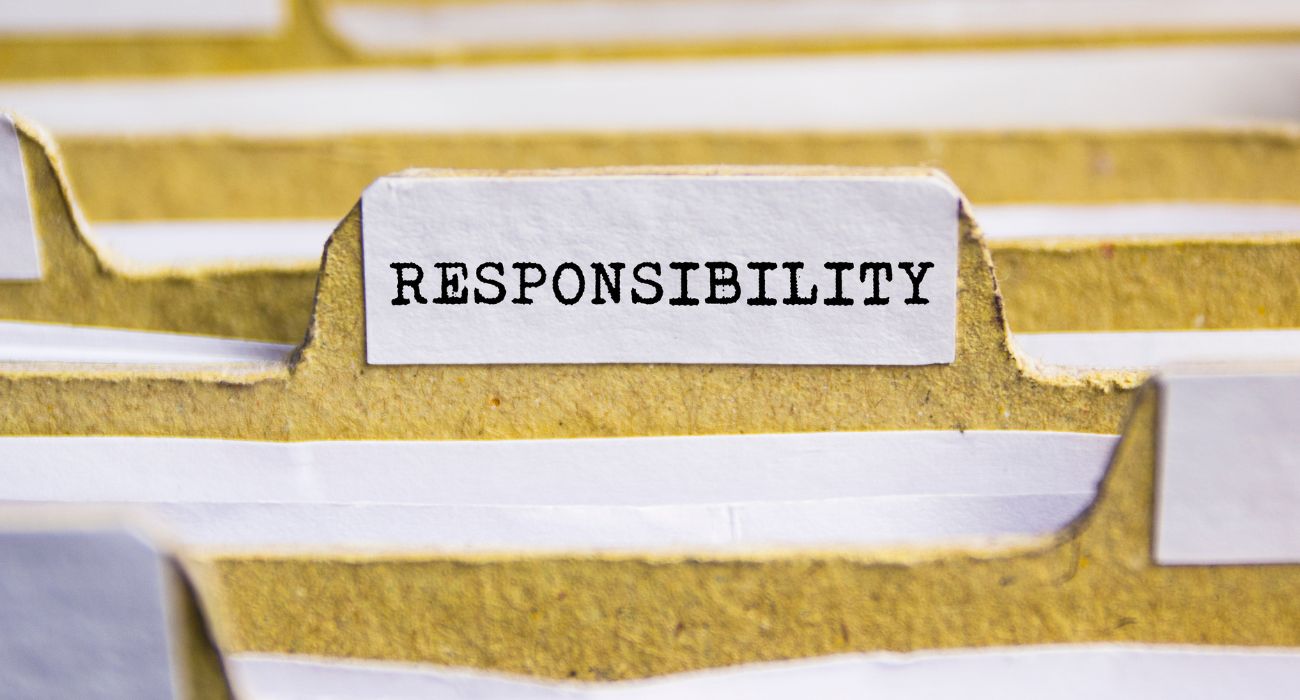The U.S. Interagency Council on Homelessness liaison to Dallas told members of a city council committee on Tuesday that efforts to reduce the number of people living on the city’s streets are working, but her remarks were met with skepticism from some committee members.
“Dallas is seen as a system that’s working very well,” Rachel Wilson said. “You’re one of only 27 communities throughout the United States where homelessness is decreasing. You’re bucking national trends. You guys have the potential to end homelessness. It’s all positive from the federal perspective.”
Over the last year, she said, homelessness in Dallas has decreased 34%.
Wilson is embedded with the City’s Office of Homeless Solutions. During the Housing and Homelessness Solutions Committee meeting, she said her role is to represent the federal government through the ALL INside initiative, a “first-of-its-kind” program designed to reduce homelessness by 25% by 2025 through state and local coordination. It uses six pillars, which include the three foundations of “equity,” data & evidence, and collaboration, and the three solutions of housing and support, crisis response, and prevention.
“We know that homelessness looks different throughout the country,” Wilson said.
That’s why the U.S. Interagency Council on Homelessness is focused on five areas in addition to Dallas — Los Angeles, Chicago, Phoenix, Seattle, and the State of California. In Dallas, Wilson reports to the U.S. Department of Housing and Urban Development.
“What would you consider the most important initiatives the City of Dallas can take right now to reduce the unsheltered population?” Chad West (District 1) asked.
“That’s simple,” Wilson said. “I think one of the key things I would communicate with you … is continuing to stay the course. Continue investment in the system. [That] is going to pay dividends.”
During a Housing and Homeless Solutions Committee meeting in March, Housing Forward CEO Sarah Kahn shared a similar sentiment about the City’s efforts to reduce homelessness, claiming the nonprofit is “housing more people than ever before.”
But as she did during the March committee meeting, Cara Mendelsohn (District 12) questioned whether Dallas’ homelessness programs and services have been as successful as local and federal officials assert.
“What city in Texas has the most homeless?” Mendelsohn said. “I think the answer is Dallas.” She added that “there’s something way off base here,” noting that the City of Dallas is working to decommission more than 400 encampments.
“I’m just here to help you guys become more efficient and help you support what’s going on in Dallas,” Wilson said on Tuesday.
But Mendelsohn said she doesn’t think the decommissioning process has “been very efficient.”
In addition to discussing other factors related to reducing and preventing homelessness on Tuesday, such as mental health and substance abuse treatment, Wilson and committee members disagreed on whether providing more temporary housing in Dallas is prudent.
“It just seems like that’s the thing,” Gay Donnell Willis (District 13) said. “We need some folks to carry more of that load because we really shouldn’t be. We know Housing Forward is really focused on the permanent housing side of things.”
Since May 2023, 324 people in Dallas and Collin counties have reportedly found shelter through permanent supportive housing, and 2,405 individuals and people in families have been housed through diversion, The Dallas Express has reported.
“Just based on the data … from various studies throughout the U.S.,” providing permanent housing is “actually much, much more effective … rather than having a temporary solution,” Wilson said. “I think we see a 94% to 95% retention rate on permanent housing. You guys have an opportunity to not have to invest in temporary housing options. Those temporary housing options can be extraordinarily expensive.”
But Willis said Dallas residents “are demanding” other options.
“I just don’t think at the council level we can ignore that,” she said.
Meanwhile, Mendelsohn said that homelessness has increased — not decreased — in Dallas.
“People in Dallas will tell you that homelessness has grown all over the city,” she said. “If you want to walk right outside, you’re going to see people in our plaza, people at our library … [and] all over the streets. And you can see that anywhere in Dallas.”
Still, Mendelsohn said she understands Wilson’s position.
“I appreciate what you’re saying. I do. But there’s something that’s not working right in Dallas. The average person on the street does not share that [positive] view. I’m hoping we will do something new that might move the needle.”
In Texas, more than 77,700 people experienced homelessness last year, according to the Texas Homeless Network. Of those, 21% were unsheltered.






